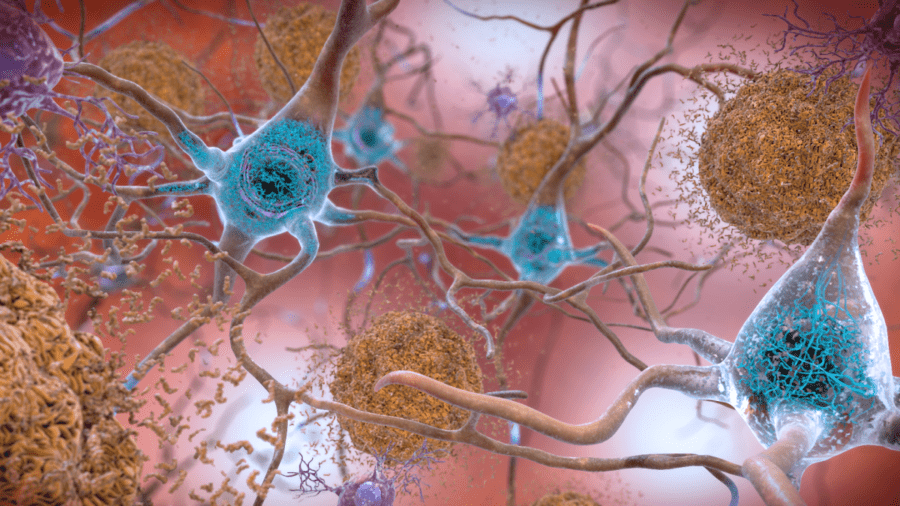Japanese researchers have discovered that sleep serves a dual purpose in memory processing, simultaneously strengthening past experiences while preparing the brain for future learning through distinct neural mechanisms.
A team led by Distinguished Professor Kaoru Inokuchi at the University of Toyama used advanced imaging techniques to track individual neurons in mice before, during, and after learning experiences, revealing parallel processes occurring during post-learning sleep periods.
“We believe that manipulating brain activity during sleep or sleep patterns may uncover methods to enhance memory by unlocking the brain’s latent potential,” says Professor Inokuchi, highlighting the study’s implications for cognitive enhancement.
The researchers identified a phenomenon they call “engram-to-be cells” – neurons that become increasingly synchronized during post-learning sleep and later form the foundation for new memories in subsequent learning experiences.
Using calcium imaging that could visualize active neurons in real-time, the research team observed that while previously established “engram cells” reactivated during sleep to consolidate existing memories, a separate population of neurons was simultaneously being primed to encode future experiences.
“Engram-to-be cells exhibited increased coactivity with existing engram cells during sleep, suggesting that this interaction helps shape new memory networks,” explains Professor Inokuchi, describing how past and future memory systems appear to communicate during sleep.
To understand the underlying mechanisms, the team developed a computational model revealing that sleep-dependent processes called synaptic depression and scaling – which adjust connection strengths between neurons – are crucial for preparing these “engram-to-be” cells for future learning.
When researchers disabled these processes in their model, the brain’s preparation for new learning was significantly impaired, suggesting that specific sleep mechanisms are essential for optimizing future memory formation.
This research challenges traditional views of sleep as merely a consolidation period for past experiences, instead revealing it as a dynamic state where the brain simultaneously preserves past knowledge while preparing for future learning challenges.
The findings, published in Nature Communications on April 28, could influence approaches to education and cognitive enhancement by suggesting that the quality of sleep between learning sessions affects not just retention of previous material but also the capacity to learn new information.
“We want people to understand that sleep is not just about rest—it plays a crucial role in how the brain processes information,” Professor Inokuchi concludes, “With that in mind, we hope everyone will begin to value sleep more and use it as a way to improve their overall quality of life.”
The discovery might also explain why sleep disruptions can have such profound effects on learning and memory, extending beyond simple fatigue to potentially interfere with these preparatory neural processes.
For students pulling all-nighters or professionals skimping on sleep, this research suggests they may be compromising not just their ability to remember what they’ve studied, but also their brain’s readiness to absorb new information in upcoming learning sessions.
If our reporting has informed or inspired you, please consider making a donation. Every contribution, no matter the size, empowers us to continue delivering accurate, engaging, and trustworthy science and medical news. Independent journalism requires time, effort, and resources—your support ensures we can keep uncovering the stories that matter most to you.
Join us in making knowledge accessible and impactful. Thank you for standing with us!

